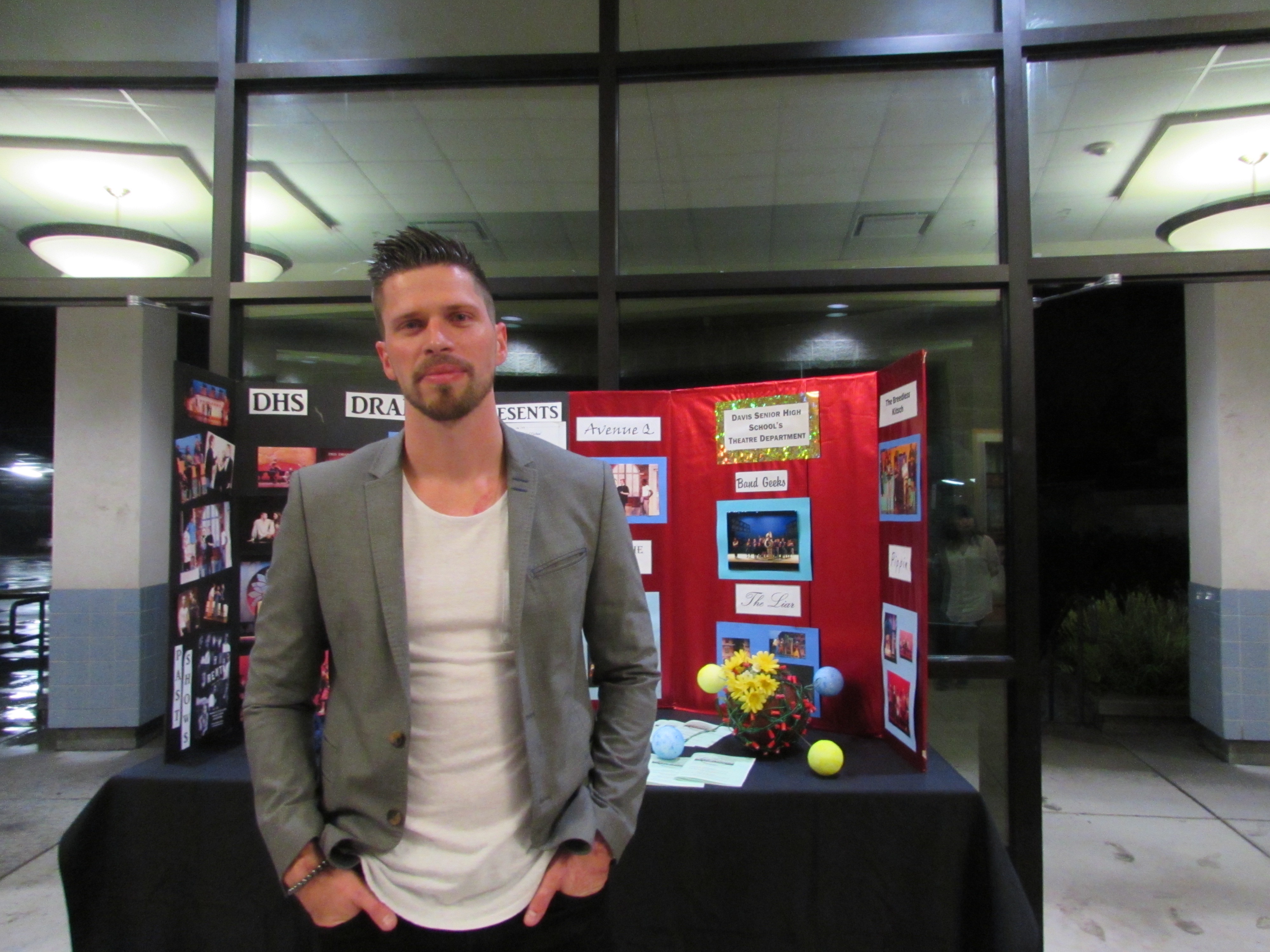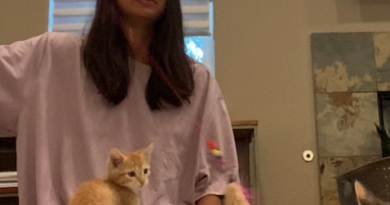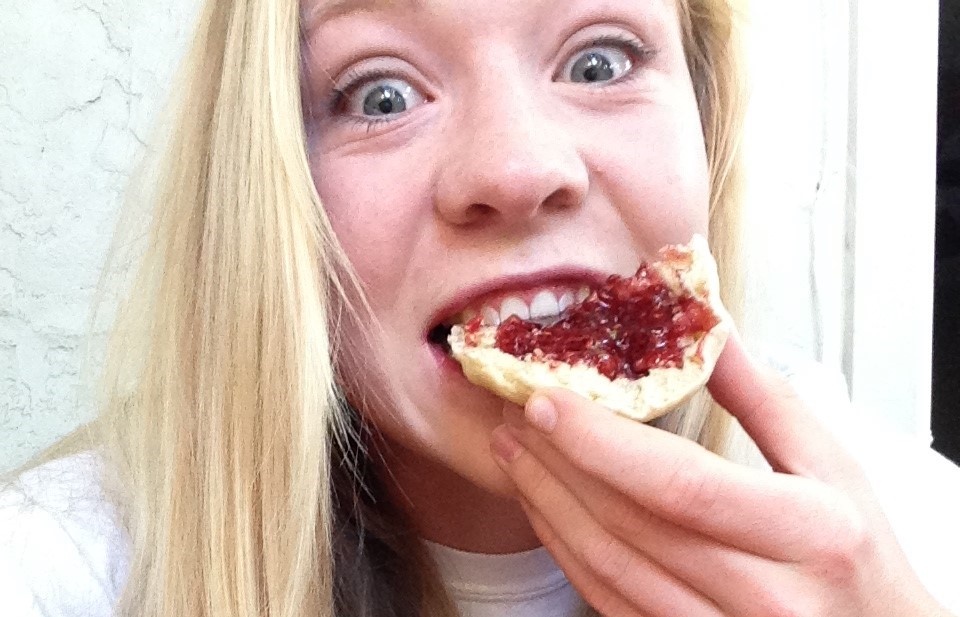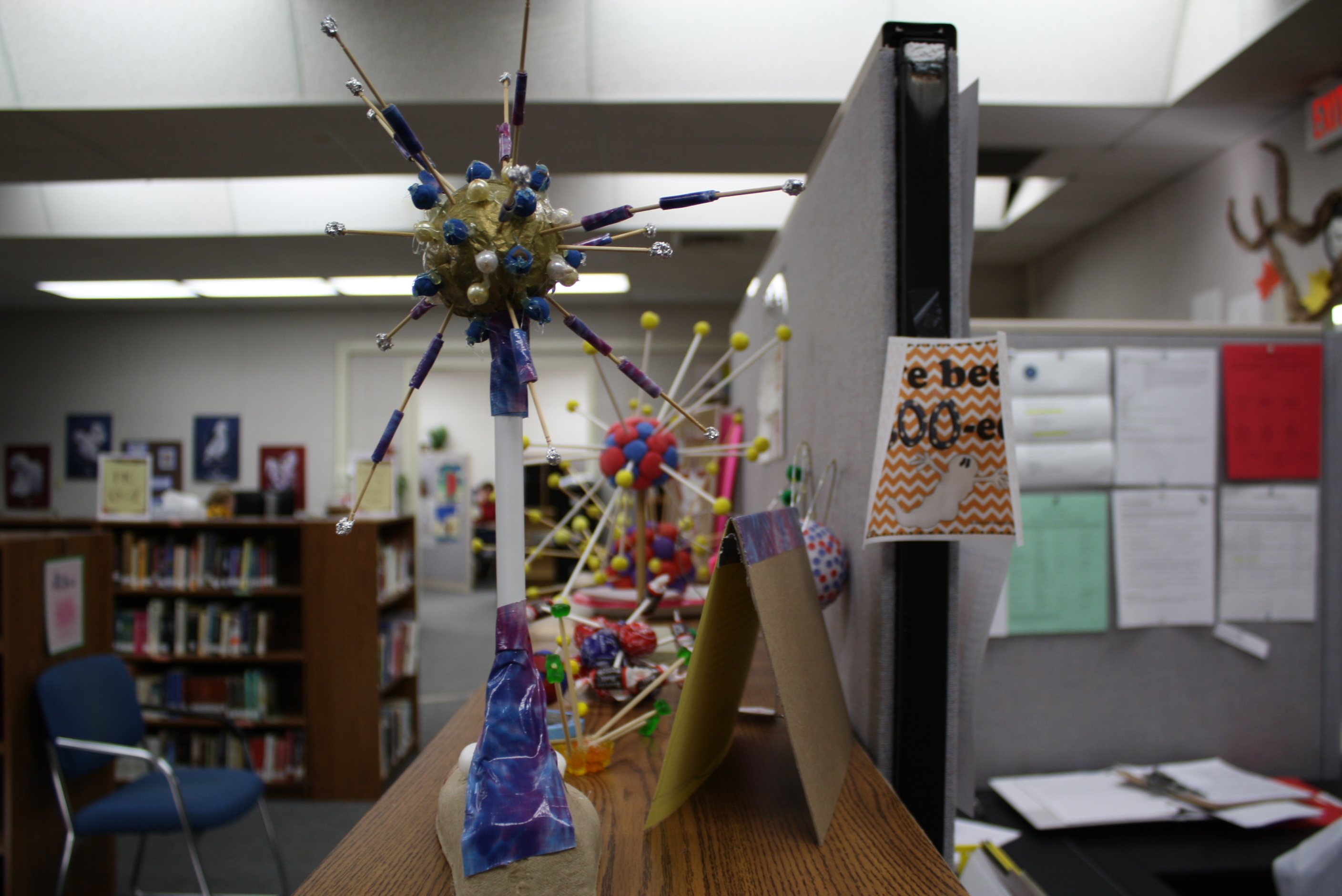ALUMNI: Ben Moroski
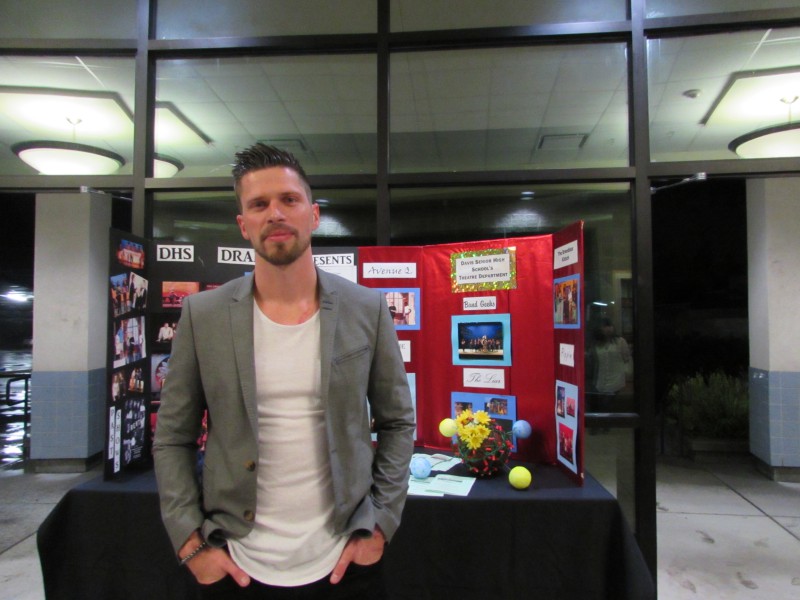
By Isabella Ainsworth,
BlueDevilHUB.com Staff–
Davis High alumnus Ben Moroski has two pieces of advice. First: the more fearful you are, the more you know you’re going in the right direction. Second: the net only appears after you jump.
[pullquote]“I found [self-injury] as an outlet for self-punishment or to alleviate the sort of racing thoughts.”[/pullquote]
The first one has to do with knowing what your passion is; for Moroski, that passion is writing and acting.
“Acting and writing still scare me,” he explained. But he still gets up on stage, and he still writes, because he loves it.
The second piece of advice has to do with the way that you live your life. The path won’t always be easy, or clear, but “you have to jump, take the leap of faith–how you get through it is going to appear.”
It has taken a long time for Moroski, who graduated from DHS in 2006, to get to this place. His struggle with self-injury, which would go on for seven years, began in his senior year of high school.
There were many reasons for Moroski’s struggle–the transition from high school to college was looming, he wasn’t quite sure what he wanted to do with his life and a strict religious upbringing had fostered a culture of guilt and shame, as well as restricted his idea of what was acceptable –but chiefly, a need to be perfect weighed on him.
“I found [self-injury] as an outlet for self-punishment or to alleviate the sort of racing thoughts,” Moroski said.
Moroski started cutting himself mainly because all the other things he could think of doing were either illegal or wrong. He didn’t know that much about self-injury; no one he knew had ever dealt with it, and he kept the fact that he was cutting himself hidden.
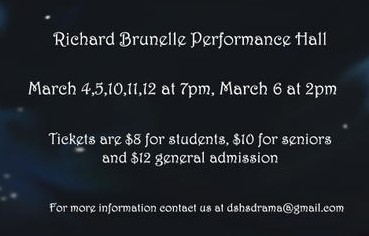
Throughout the seven years that he was dealing with self-injury–some of which was spent getting a degree in English from UC Davis–when and how often Moroski cut himself varied. Sometimes, he would go six whole months without cutting himself, but that didn’t mean that his struggle with self-injury had a smaller impact on his life.
It was always there, in his mind, and the scars were visible on his body. For a long time, he wasn’t even able to wear t-shirts.
Treatment took time. After some failed attempts in Sacramento and Houston, Moroski went to Los Angeles for a treatment series that helped him come up with strategies for how to live his life.
Writing and acting also helped. He remembers one day, while driving to a gym in LA, feeling very depressed and realizing that he needed to do something “to feed my soul.”
[pullquote]“We’re not broken. I don’t need to be fixed. I need to figure out how I can live the most productively and the most healthily as who I am.”[/pullquote]
Breaking into the Los Angeles writing and acting scene, surprisingly, wasn’t hard. Moroski created his own opportunities by writing things for himself: “The Vicious Minute,” a solo piece about his battle with self-injury, premiered at the Hollywood Fringe Festival, and “The Wake,” about someone who falls in love with a corpse, was nominated for an LA Drama Critic’s Circle award.
Throughout his career, his ties to DHS drama never waned. Although Moroski took just one drama class while at DHS, he had a close relationship with drama teacher Gwyn Bruch, and helped direct the productions.
In 2013, Moroski wrote “The Breedless Kitsch,” which details race crimes in the Davis community, for students to perform. About a year ago, he wrote the “The Eden Project,” which premiered at DHS on March 4, 2016.
Moroski’s past of self-injury has influenced his writing. He said that you can see it in the themes of “The Eden Project”–the question of what society tells someone to do versus what that person wants to do, and what happens when the two diverge. Currently, he is working on a play that explores why the path of self-destruction is often the easier one.
“Why is it easier to eat a donut than to go to the gym?” Moroski asked. “We know the healthier choice.”
While Moroski’s struggle will never completely leave him, a lot has changed since senior year. He can wear t-shirts now. He can talk about his difficulties. Part of the improvement, he says, came from growing up, but another part is due to a profound change in his outlook.
“We’re not broken,” Moroski said. “I don’t need to be fixed. I need to figure out how I can live the most productively and the most healthily as who I am.”

